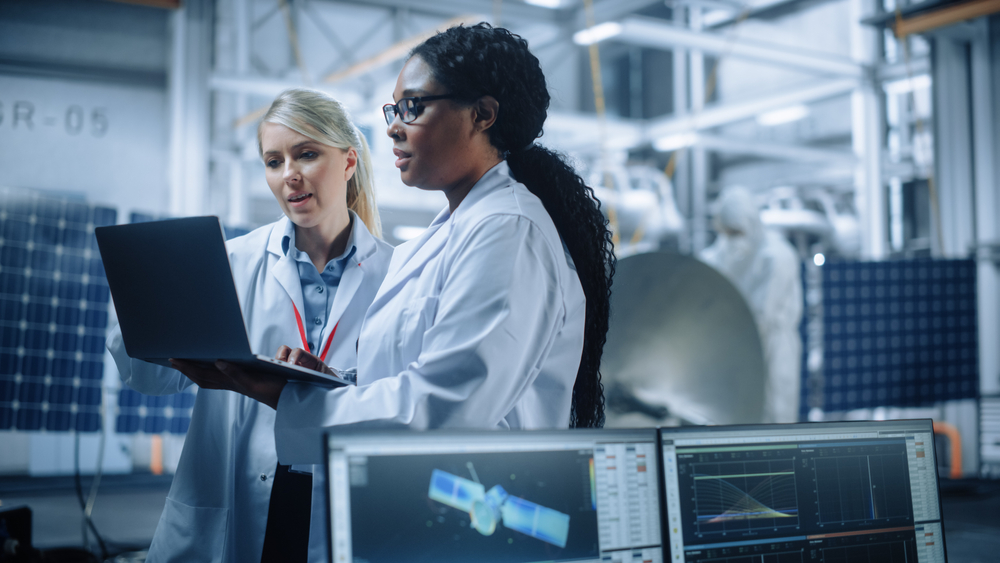An Instrumentation Engineer is a professional who specializes in the design, development, installation, and maintenance of systems that measure, control, and automate various processes. These processes can be found in industries such as manufacturing, oil and gas, petrochemicals, power generation, pharmaceuticals, and more.
Becoming an Instrumentation Engineer in Ireland involves a combination of education, practical experience, and professional development.
How to become an Instrumentation Engineer
1. Educational Requirements:
- Bachelor’s Degree: Start by earning a bachelor’s degree in a relevant field. Most Instrumentation Engineers hold degrees in Electrical Engineering, Electronic Engineering, Instrumentation and Control Engineering, or a related discipline. Ensure that your chosen program is accredited by a recognized accreditation body.
2. Gain Relevant Skills:
- Technical Skills: Develop strong technical skills in instrumentation and control systems, process control, electronics, and automation.
- Software Skills: Acquire proficiency in software commonly used in instrumentation engineering, such as AutoCAD, MATLAB, LabVIEW, and PLC programming.
- Problem-Solving: Cultivate problem-solving skills, as Instrumentation Engineers often troubleshoot and optimize control systems.
3. Gain Practical Experience:
- Internships and Co-ops: Seek internships or co-op opportunities to gain hands-on experience in instrumentation engineering. Many universities have placement programs with industry partners.
- Entry-Level Positions: Look for entry-level positions in companies that specialize in process control, manufacturing, or automation. This will help you apply theoretical knowledge to real-world scenarios.
4. Networking:
- Industry Events: Attend conferences, workshops, and networking events related to instrumentation engineering. This allows you to connect with professionals, learn about industry trends, and potentially discover job opportunities.
- Professional Organizations: Join professional organizations such as the Institution of Engineering and Technology (IET) or the Institute of Electrical and Electronics Engineers (IEEE).
5. Professional Development:
- Further Education: Consider pursuing advanced degrees or certifications to enhance your expertise. Some engineers choose to pursue a master’s degree or specialized certifications in areas like industrial automation or control systems engineering.
- Continuous Learning: Stay updated with the latest advancements in instrumentation technology through continuous learning. Attend relevant workshops, webinars, and online courses.
6. Obtain Professional Recognition:
- Chartered Engineer (CEng): Consider working towards becoming a Chartered Engineer through a recognized engineering institution. This formal recognition demonstrates your competence and professionalism in the field.
7. Job Search:
- Job Portals: Explore job opportunities on various online portals, company websites, and industry-specific job boards.
- Networking Contacts: Leverage your professional network for potential job leads. Attend industry-related events and connect with professionals in your field.
8. Apply for Positions:
- Prepare Your Resume: Tailor your CV to highlight relevant education, skills, and experience.
- Cover Letter: Write a compelling cover letter expressing your interest in instrumentation engineering and showcasing your qualifications.
9. Interviews:
- Prepare for Interviews: Research common interview questions for instrumentation engineering roles and practice your responses.
- Showcase Projects: Be prepared to discuss any relevant projects or experiences that demonstrate your skills and problem-solving abilities.
10. Continuous Growth:
- Professional Development: Stay committed to lifelong learning and professional development to keep pace with evolving technologies and industry trends.
By following these steps, you can embark on a successful journey to become an Instrumentation Engineer in Ireland and contribute to the dynamic field of process control and automation.












Comments